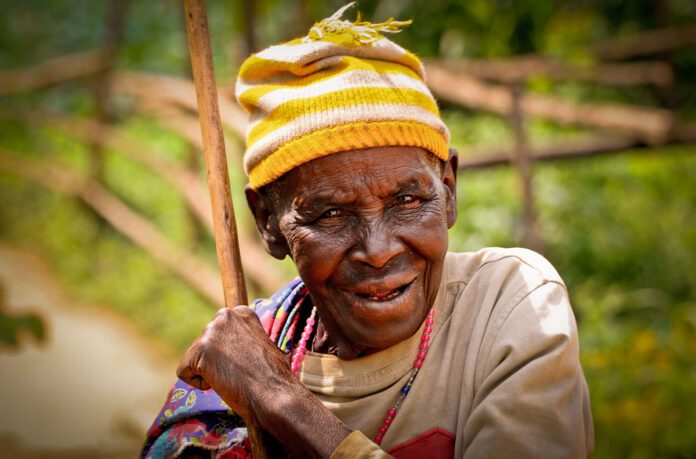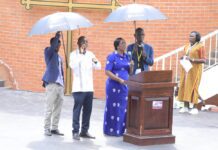As Uganda’s population continues to grow and evolve, a subtle yet impactful demographic shift is beginning to shape the nation’s socio-economics and healthcare with the increasing proportion of older persons within the population.
According to the 2024 National Population and Housing Census (NPHC) conducted by Uganda Bureau of Statistics (UBOS), individuals aged 60 years and above now represent 5% of Uganda’s total population. While this figure may seem modest at first glance, its implications for the country’s healthcare systems and broader socio-economic structures are profound.
The census highlighted key nuances within this demographic change. Among older Ugandans, the proportion is slightly higher for females (5%) compared to males (4%), with notable regional disparities—Kigezi leading with 7%, while Karamoja has the lowest proportion at 4%. A significant majority, 72%, of older individuals depend on subsistence farming, a sector fraught with challenges like illiteracy, poor health, and physical limitations that constrain their productivity and economic contributions. The elderly dependency ratio, currently at 6%, highlights the financial and social strain placed on the working-age population tasked with supporting aging relatives.
This demographic shift exerts considerable pressure on Uganda’s healthcare system, which is already struggling with limited resources. Older persons are particularly vulnerable to chronic illnesses such as diabetes, hypertension, and arthritis—conditions requiring specialized and often expensive care. However, Uganda’s healthcare infrastructure remains ill-equipped to meet these demands. The lack of age-friendly facilities, such as mobility aids and dedicated elderly wards, worsens the challenges, leaving many elderly individuals without adequate care.
Read Also: UBOS Issues Official Correction of Misreported Tribal Data in NPHC 2024
Economic constraints further compound these healthcare challenges. Most older persons rely on subsistence farming and lack access to formal social protection programs, leading to widespread financial insecurity. This economic vulnerability creates a vicious cycle: poor health outcomes drive up healthcare costs, deepening poverty and straining both families and the healthcare system. As a result, addressing these interconnected issues requires urgent and innovative solutions.
To address these challenges and prepare for an aging population, Uganda must adopt a comprehensive and forward-thinking strategy, with enhancing elderly healthcare services as a critical first step. Training healthcare professionals in geriatrics is essential to meet the unique medical needs of older persons, including managing chronic illnesses more effectively. Establishing specialized geriatric units in hospitals will provide focused care, while subsidizing medications and treatments for chronic conditions can improve access to life-saving interventions.
Equally important is strengthening social protection programs, like expanding the Social Assistance Grant for the Elderly (SAGE) to include more beneficiaries, which can offer critical financial relief, and introducing pension schemes tailored to informal sector workers would reduce the economic dependency of older persons on their families. These initiatives are key for fostering a sense of security and dignity among the aging population.
Community-based programs that emphasize preventive health measures, such as proper nutrition and regular physical activity, can mitigate the prevalence of chronic illnesses. It is good that now most public offices are implementing workout activities. Public health campaigns aimed at raising awareness about managing chronic conditions and the benefits of a healthy lifestyle can further enhance health outcomes for older persons.
Economic empowerment must also be prioritized through encouraging older individuals to engage in low-labor, income-generating activities with support from microfinance institutions, which can enhance their economic independence. Additionally, tailored training programs can equip the elderly with skills to explore alternative livelihoods, ensuring their continued economic participation.
Improving data collection and research on the aging population is crucial for evidence-based policymaking. Continuous and detailed demographic studies will guide the development of programs and initiatives that address the specific challenges faced by older persons, ensuring more efficient resource allocation.
Uganda’s aging population presents both a challenge and an opportunity to re-imagine how society values and supports its elders. Aging Ugandans must be viewed not as a burden but as an integral part of the nation’s fabric, deserving of respect, care, and the opportunity to thrive.















